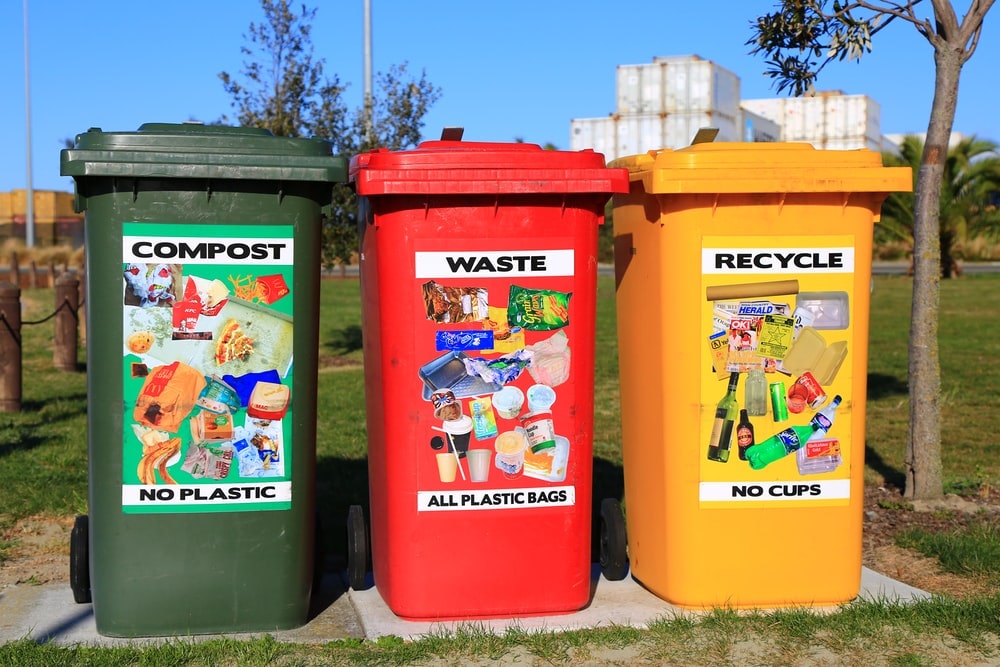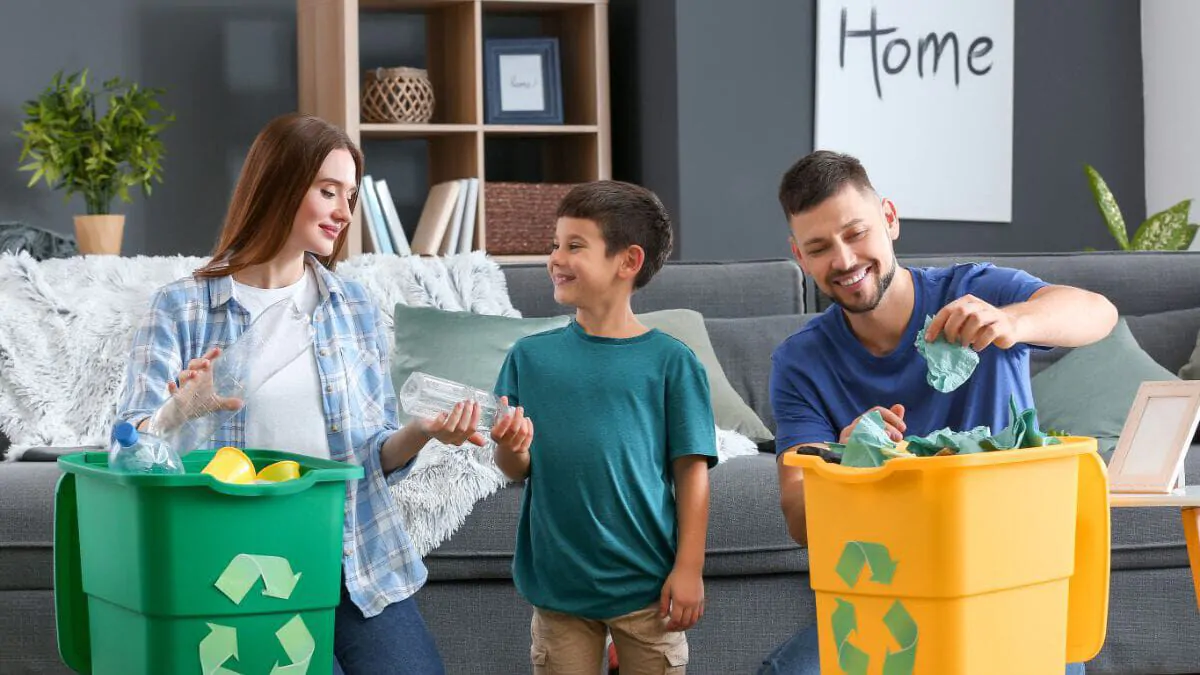In an era where environmental consciousness is paramount, reevaluating how the management of garbage at home becomes crucial. This guide unveils practical strategies to minimize waste, maximize recycling efforts, and cultivate a sustainable lifestyle right within the walls of your home.
The Three Rs: Reduce, Reuse, Recycle
Mindful Consumption: Start by reducing your overall consumption. Make thoughtful choices when purchasing products, opting for items with minimal packaging or those made from eco-friendly materials. By being mindful of your purchases, you inherently contribute to waste reduction.
Creative Reuse: Explore creative ways to give items a second life. Repurpose glass jars for storage, transform old clothing into reusable bags, and breathe new life into furniture through DIY projects. Embracing reuse minimizes the need for new purchases and lessens the burden on landfills.
Efficient Recycling Practices: Understand the recycling guidelines in your area. Proper sorting and disposal of recyclables ensure that materials like paper, glass, plastic, and metal can reprocess into new products. Stay informed about what can and cannot be recycled, avoiding contamination in recycling bins.

Composting: Turning Organic Waste into Gold
Kitchen Composting: Convert kitchen scraps into nutrient-rich compost by setting up a composting system. Fruit and vegetable peelings, coffee grounds, and eggshells are excellent candidates for composting. A well-managed compost pile not only reduces organic waste but also provides valuable fertilizer for your garden.
Backyard Composting Bins: For those with outdoor space, consider investing in a backyard composting bin. This allows for the decomposition of yard waste alongside kitchen scraps, creating a closed-loop system where organic materials are returned to the soil.
Smart Waste Segregation: Simplifying the Process
Color-Coded Bins: Implement a color-coded bin system for waste segregation. Label bins for general waste, recyclables, and organic waste. This simplifies the disposal process for household members and ensures that each type of waste is directed to the appropriate destination.
Educational Initiatives: Educate your household members about the importance of waste segregation. Understanding the impact of proper waste disposal fosters a sense of responsibility, making waste management a collective effort.
Minimalist Living: Embracing a Clutter-Free Lifestyle
Decluttering for Sustainability: Adopt a minimalist mindset to reduce unnecessary possessions. A clutter-free home not only promotes mental well-being but also contributes to waste reduction. Donate or sell items that no longer serve a purpose, allowing someone else to benefit from them.
Conscious Purchases: Practice conscious consumerism by investing in durable and high-quality items. Opt for products with minimal packaging and those that can easily recycle or repurpose. Making intentional purchases minimizes the generation of waste over time.
Eco-Friendly Packaging: Making Informed Choices
Choosing Sustainable Packaging: Extend your commitment to sustainability by being mindful of packaging choices. Opt for products with eco-friendly packaging, such as minimalistic designs, recyclable materials, or those using innovative alternatives like biodegradable options. By supporting companies with environmentally conscious packaging, you contribute to reducing overall waste.
Bulk Buying and Refill Stations: Explore bulk buying options for items with minimal packaging. Many stores offer refill stations for household essentials like detergent, shampoo, and cleaning supplies. This not only reduces packaging waste but can also be cost-effective in the long run.
Conclusion: A Greener Tomorrow Starts at Home
As you embark on the journey of effective garbage management at home, remember that every small effort contributes to a larger impact. By incorporating these practices into your daily life, you not only create a more sustainable household but also inspire others to join the movement towards a greener and more environmentally conscious future.



